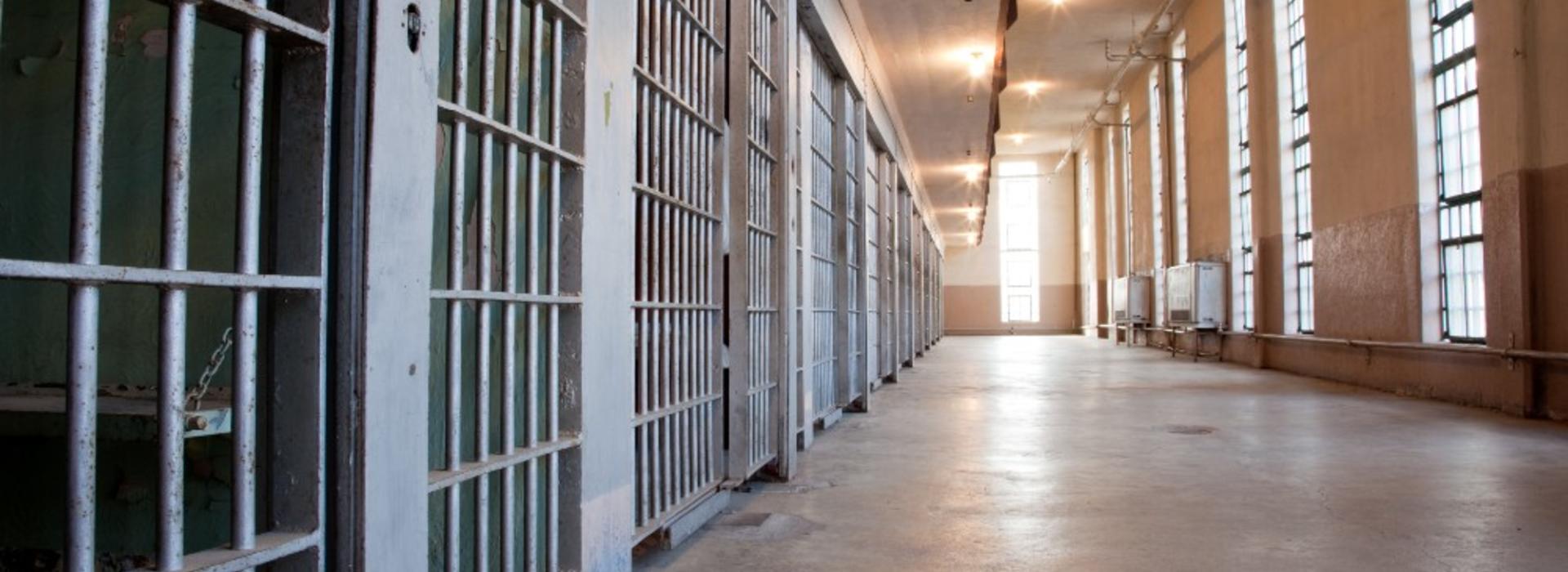
Regional disparities in rates of parental incarceration among Minnesota youth
MINNEAPOLIS/ST. PAUL (11/17/2022) — New findings from the University of Minnesota Medical School showed 17% of Minnesota youth have had a parent go to jail or prison, according to published research in Pediatrics. Children of color, those living in impoverished households and rural youth were disproportionately impacted.
Notably, researchers found significant regional disparities. Youth living outside of metropolitan areas were more likely to report parental incarceration. According to their findings, 22% of rural and 20% of township youth experienced parental incarceration compared to 16% of city and 14% of suburban youth.
“This work moves the discussion of parental incarceration beyond ‘just an urban problem’ — especially given that the issue is more prevalent in rural communities with potentially more detrimental consequences,” said Luke Muentner, PhD, MSW, a post-doctoral research associate at the U of M Medical School. “By understanding regional differences in parental incarceration, tailored strategies can be developed that address health inequities — particularly those within remote or under-resourced communities — while simultaneously working towards decarceration across regions.”
The study used data from the 2019 Minnesota Student Surveyof more than 110,000 students in Grades 8, 9 and 11. Over half of Indigenous youth and more than one-third of Black, Latino, and multiracial youth who lived in rural communities had experienced parental incarceration. Within each region, youth who experienced parental incarceration reported significantly more individual and cumulative adverse childhood experiences.
Rates of parental incarceration have continued to grow in rural communities, despite stabilizing or decreasing trends nationally and in urban areas. According to researchers, there are a number of factors behind this rise in rural communities, including:
-
Underfunded legal services;
-
High caseloads;
-
Longer times in custody between arrest and sentencing;
-
Lack of diversion program;
-
Limited alternatives to incarceration;
-
Biases in decision-making across all phases of the legal system
“Underlying these regional inequities are criminal legal policies and practices that unfairly target communities of color, leading to racial disparities in surveillance, arrest, conviction and incarceration,” Muentner said. He also noted differences in legal resources and services across urban-rural lines.
Moving forward, the research team plans to study the specific consequences of regional disparities in terms of child and adolescent health, including assessing differences in health-related outcomes and examining various protective factors. They also suggest further research to understand how youth cope with parental incarceration in order to develop locally-tailored solutions that support health and wellbeing across Minnesota.
-30-
###
About the University of Minnesota Medical School
The University of Minnesota Medical School is at the forefront of learning and discovery, transforming medical care and educating the next generation of physicians. Our graduates and faculty produce high-impact biomedical research and advance the practice of medicine. We acknowledge that the U of M Medical School, both the Twin Cities campus and Duluth campus, is located on traditional, ancestral and contemporary lands of the Dakota and the Ojibwe, and scores of other Indigenous people, and we affirm our commitment to tribal communities and their sovereignty as we seek to improve and strengthen our relations with tribal nations. For more information about the U of M Medical School, please visit med.umn.edu.